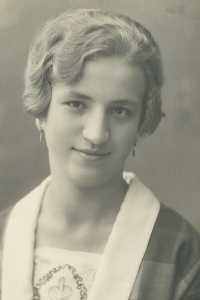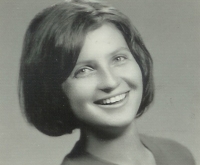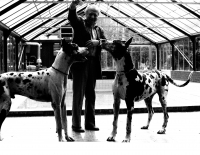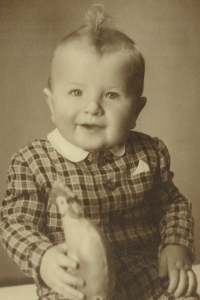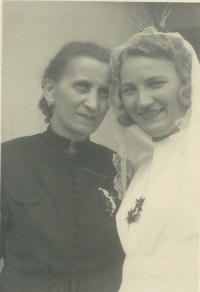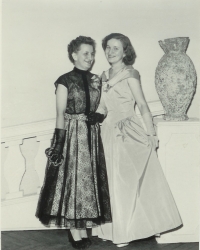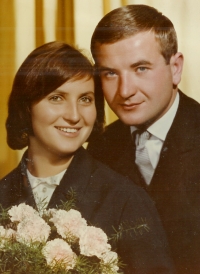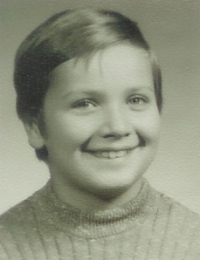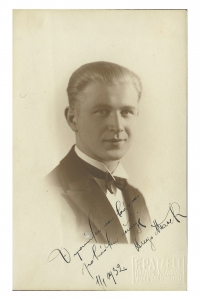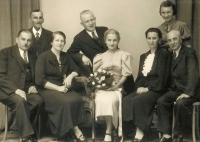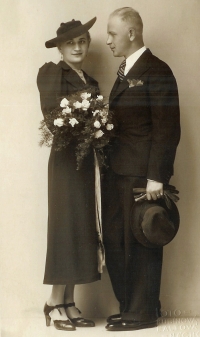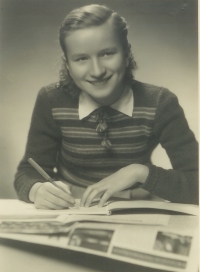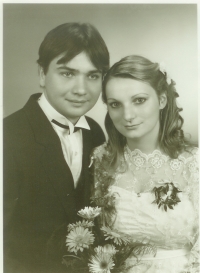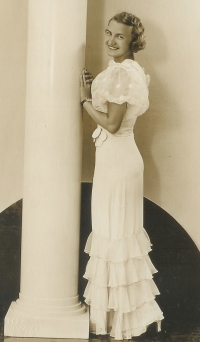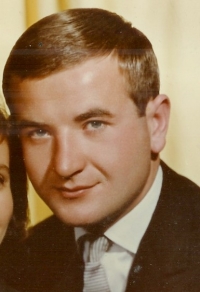Learning all life long
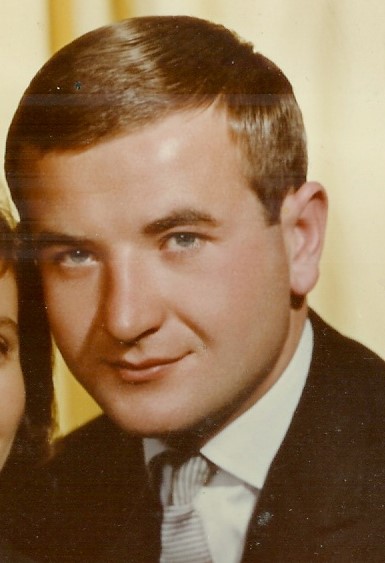
Download image
Hugo Macek was born on the 6th November in 1942 in Žďár nad Metují. The Nazis confiscated the family owned textile factory and his father, Hugo Macek, stayed there in an executive position. After the war, he was accused of collaboration with the Nazis but he was cleared of the accusations. Shortly after the 1948 Communist coup, his father emigrated to Tthe Netherlands. The Macek family house was confiscated and the witness was not allowed to pursue any education. However, after finishing his compulsory army service in 1962, he managed to enroll in evening high school courses at the Gymnasium in Náchod. His wife Brigita, née Turková, was from a German family and survived the death march in Brno. After she gave birth to their only son, she got ill with multiple sclerosis and remained disabled. In 1967, Hugo Macek sued the state because the deed of gift of their house was signed under duress and he won. In 1968, he participated in fouding the local branch of the K 231 association. During the 1980’s, he reproduced samizdats and was a member of the Association of Friends of the USA (SPUSA). In 1989, he signed a petition requesting freeing Václav Havel and signed the Several Sentences manifesto. In November, he was involved in the activities of the Civic Forum, The family property was restituted to him and along with some relatives, they started a business. In 2002, they sold the former factory.
